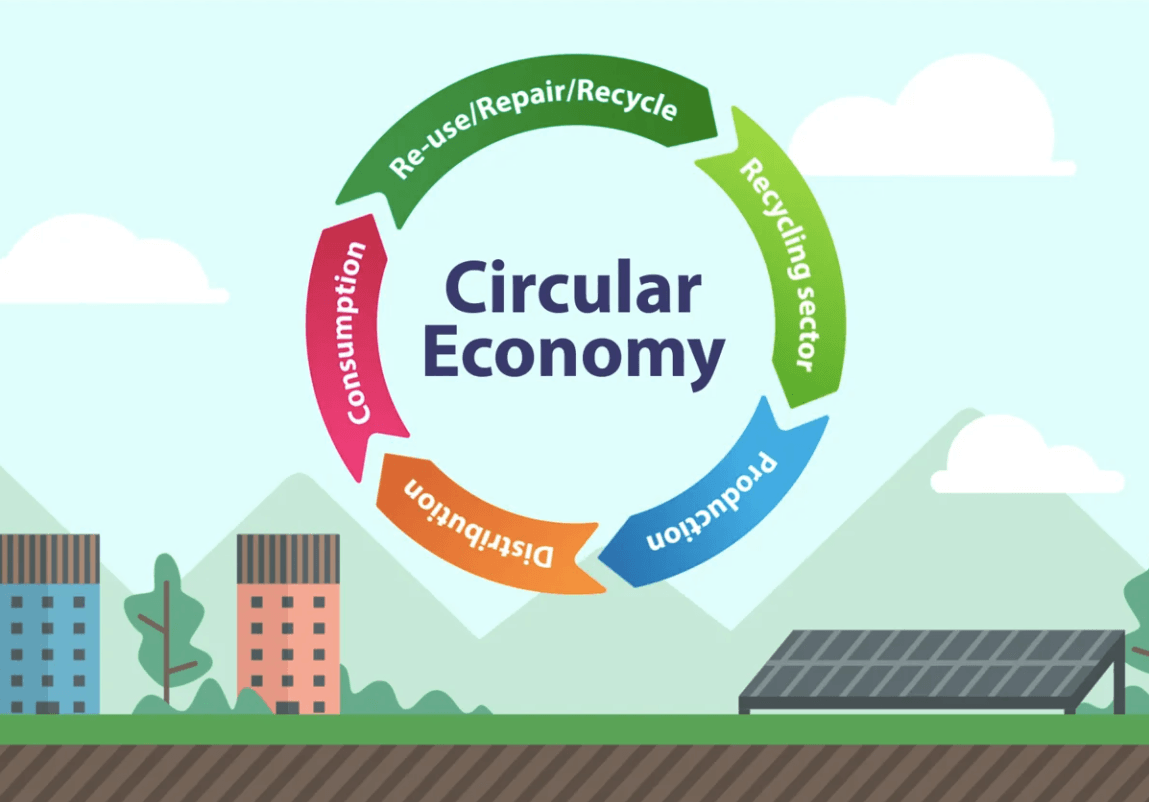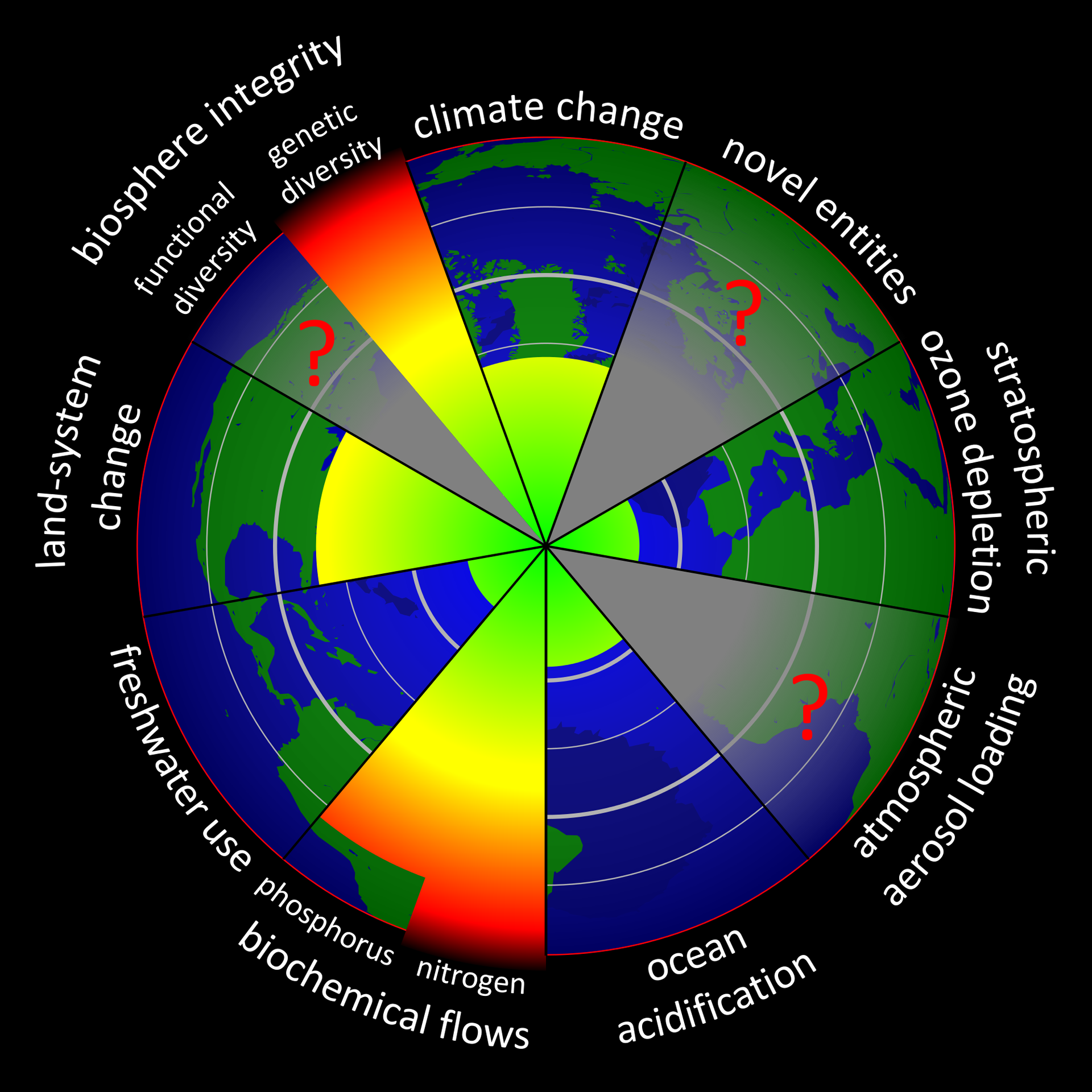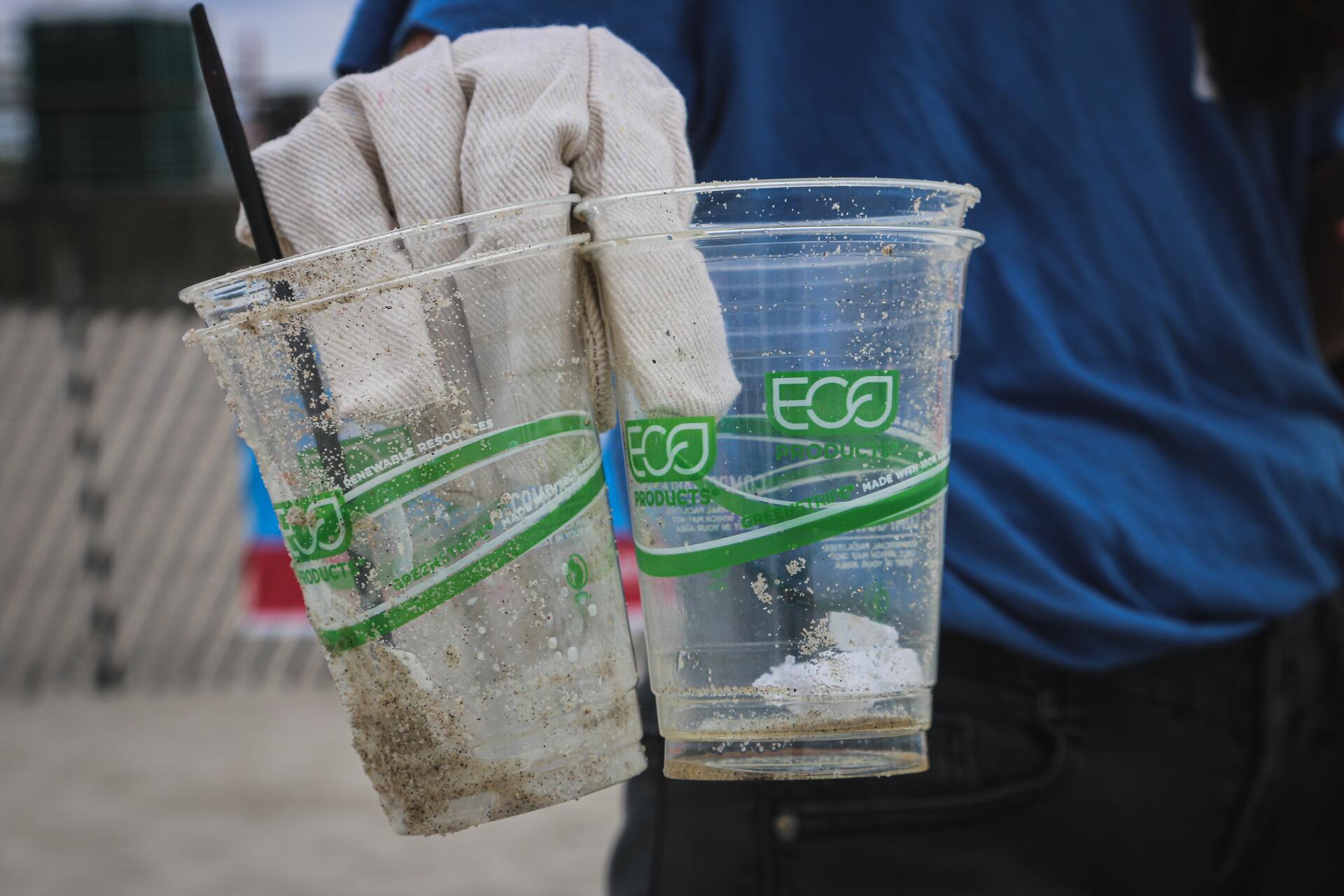Does Your Venue Need a Sustainble Tourism Accreditation
The Growth In Sustainable or Green Tourism

With the rise in awareness of sustainability issues in the general public, there has been a siginificant growth in the demand for sustainable travel.
The 2021 Sustainable Travel Report by Booking.com indicates that this growth has been heightened as a function of the pandemic. 61% of global travellers say that the pandemic has made them want to travel more sustainably in the future. This combined with the figure of 83% who think that sustainable travel is now vital just indicates the direction that the market is heading.
The conclusions drawn by Booking.com is that this is now the tipping point for the travel industry with 72% of global travellers saying that people have to act NOW to save the planet. Travellers are already adopting more sustainable regimes in terms of recycling and food waste for example.
So with this backdrop in terms of venues target market what shifts have occurred on the supply side?
While 81% of travelers say they want to stay in a sustainable accommodation in the upcoming year - which is a notable increase from 62% in 2016, when Booking.com first conducted its sustainable travel research and up 7% from 74% in 2020, just prior to the pandemic - barriers still remain.
One of these is the lack of sustainable options available for travellers. In fact, when looking just at the 40% of global travelers that said they have not stayed in a sustainable property in the past year, 36% said they didn’t even know that they existed, 32% said they couldn’t find any options where they were traveling and 31% said that they didn’t know how to find them.
Against this, is the fact that many venues are failing to publicise their sustainability credentials. Only 1/3 of venues communicate the sustainability measures they have undertaken. To further make matters worse the majority of this communication is taking place at check in (59%) whereas sustainability considerations are a priority at the point of booking. This is creating a serious mismatch.

Bridging the Information Gap
To try and resolve this Booking.com started displaying over 30 certifications officially approved by the Global Sustainable Tourism Council (GSTC), Green Tourism and the EU Ecolabel, as well as multiple hotel chain sustainability programs.
To try and encourage oprators to be more sustainable, Booking.com began encouraging operators to update their sustainability information. From this global roll-out, hundreds of thousands of properties had already started to share at least some of their sustainability information with Booking.com.
Time for Universal Recognition
Despite the efforts made there remained some confusion over the proliferation of sustainability accreditations. This meant that to bring the some standardisation to the process Booking.com have introduced a Travel Sustainable badge, which they argue is "a credible, globally relevant sustainability measure that will provide highly coveted information to all over the world, looking to make more sustainable travel choices."
The Booking.com idea supports a less cluttered view of accreditation and allows multiple systems to be globally recognised witha single badge. This is made clear by Booking.com.
“Building a truly sustainable travel industry will take time, coordination, and concerted effort, but progress is possible through continued innovation, partner support, and industry collaboration,” said Marianne Gybels, Director of Sustainability at Booking.com. “With our Travel Sustainable badge and program, we are recognizing the sustainability efforts of a broader range of properties around the world in a credible and transparent way for consumers. In addition to encouraging properties to strive towards achieving the Travel Sustainable badge, we believe it’s important to demonstrate that there is a spectrum for sustainability and that there is value in showcasing the growing number of properties that are at various stages on their individual sustainability journeys."
Where Booking.com have led expect others to follow. This is an important milestone for both sustainability and the travel industry as the global recognition of the Badge will give a degree of conformity to sustainability accreditation.

How Do Venues Get This Badge?
So how do operators achieve this badge? Per Booking.com "The badge is available to any kind of property that has implemented a combination of sustainable practices that meet the requisite impact threshold for their destination. Designed to be applicable to a wide range of property types, from apartments, B&Bs, and holiday homes to hotels, resorts, and even treehouses, and adaptable to local realities and considerations, the initiative is a first of its kind in the industry."
Translated that means venues who have met the required threshold include those with a broad range of existing certifications and labels, for example, those officially approved by the Global Sustainable Tourism Council (GSTC), Green Tourism and the EU Ecolabel.
Whilst achieving certification with these bodies is not necessarily easy it does now open a route to recognition.As highlighted above Booking.com are currently recognising a number of schemes, whilst this may change over time. Given that their press releases have been done in conjunction with the Global Sustainable Tourism Council it would seem logical that their criteria are the ones to adopt especially as the EU Eco Label is unlikely to be applicable to the UK post Brexit.
The other option is to consider the Green Tourism accreditation that at present is alos included within the Badge scheme.
At Sustainology UK we can guide you through the applicable criteria and assist you in obtaining accreditation under these schemes. Please simply contact us for more information.










